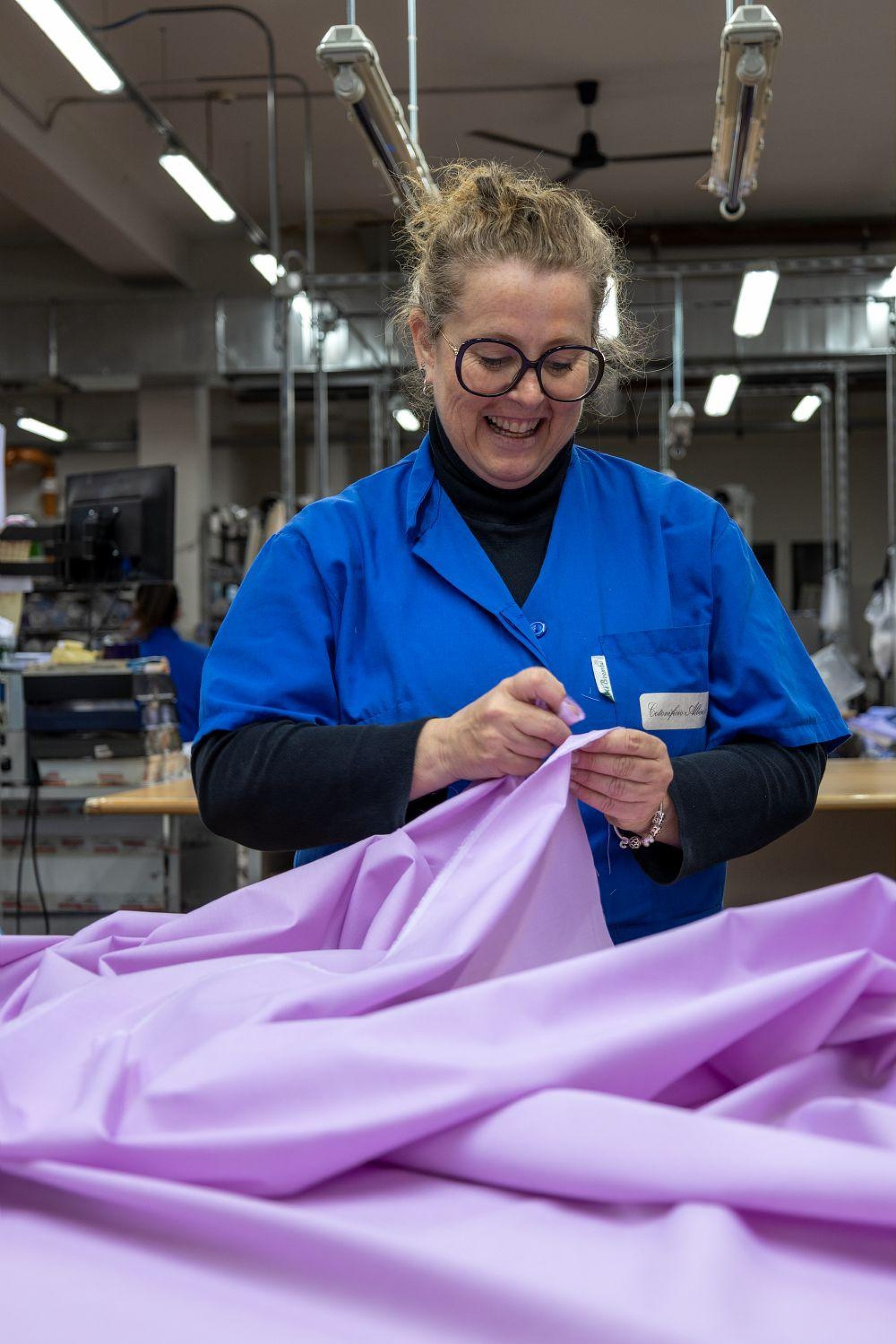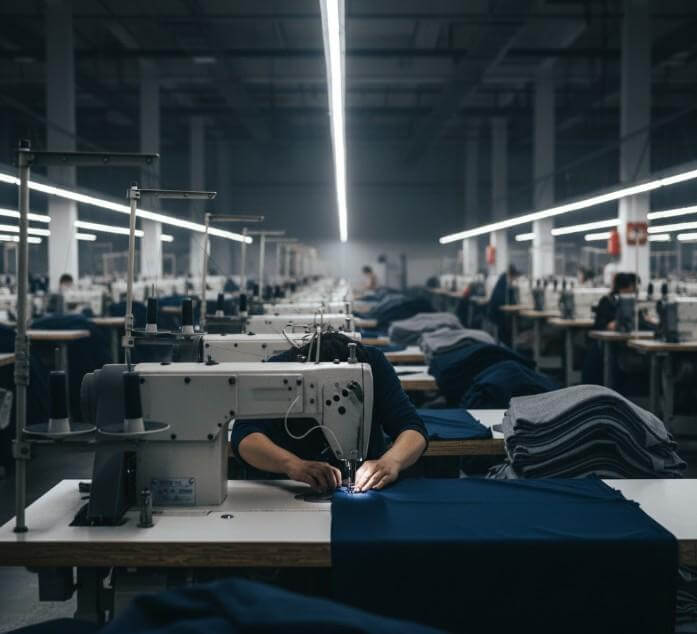10 August 2025
Several recent news stories have brought to public attention an uncomfortable and unfortunately well-known reality: the presence of exploited labor, often recruited through gangmaster networks, in unregistered textile workshops, including those operating throughout Italy. These are not isolated cases or confined to distant countries, but rather systemic flaws that cut across the entire fashion supply chain—even in those areas considered symbols of Made in Italy and luxury.
A long history of invisibility
Textiles have always been a sector built on human labor, ever since the earliest manufacturing in the 19th century, when children and women worked 12-hour days. Even today, despite automation, the manufacturing process remains largely entrusted to the hands and time of human beings. These hands are invisible, often exploited, underpaid, and without rights. Labor costs, on average, represent about 30% of the value of a garment.
But in certain supply chains, it becomes a cost that must be eliminated, by any means possible. The mad rush to reduce costs has profoundly impacted labor, which is perceived solely as a "cost to be eliminated."
This leads to delocalization to places where low-cost labor can be exploited. Delocalization destroys local textile supply chains where labor is protected and fairly paid, and hinders the economic and social growth of low-cost labor communities. When delocalization is no longer enough, exploitation is sought right on one's doorstep: in basements, in hidden industrial warehouses, in dormitories/workshops where workers—often undocumented migrants—live and sew, stripped of all dignity. In some cases, as several investigations demonstrate, human trafficking becomes part of the production model itself.
A system that comes at a human cost
Around the world, it is estimated that over 36 million people work in slave-like conditions in the textile sector. The International Labour Organization estimates 215 million child laborers, and 50 million women work from home without any protection. Meanwhile, the legal Italian textile industry is losing competitiveness, strangled by unfair competition fueled by irregular labor and illegality.
If a t-shirt costs less than a sandwich, then someone else pays that price.
We can no longer pretend we don't know. Outrage is no longer enough: we must choose.
At Slow Fiber, we believe that change can no longer wait. Responsibility and courage are needed at every level of the supply chain: from producers to sellers to buyers.
Choose to produce with respect for human rights.
Choose transparency and true traceability.
Choose a new paradigm, in which the price of a garment reflects the value of the work, the dignity, and the stories it carries.
Slow Fiber's Proposal
Slow Fiber was created to promote a different textile supply chain: good, clean, fair, healthy, durable—and therefore beautiful. A network of 29 Italian companies (updated to September 2025) that believe in a different way of making fashion and furnishings, based on respect for people, the environment, and labor. For us, social justice is an integral part of sustainability. There can be no true beauty without dignity for the people who contribute to producing it.


